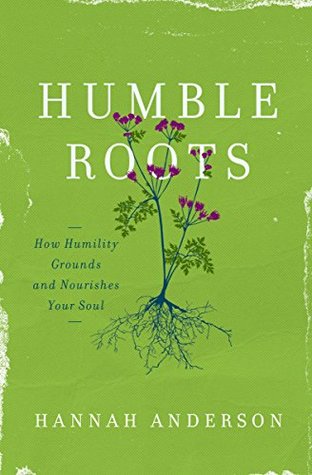More on this book
Community
Kindle Notes & Highlights
Read between
September 17 - September 22, 2019
Failure at small things reminds us of how helpless we are in this great, wide world. When little things spiral out of control, they remind us that even they were never within our control in the first place.
He frees us by calling us to rely less on ourselves and more on Him. He frees us by calling us to humility.
The rest that Jesus offers only comes when we humble ourselves and submit to Him.
Pride convinces us that we are stronger and more capable than we actually are. Pride convinces us that we must do and be more than we are able. And when we try, we find ourselves feeling “thin, sort of stretched … like butter that has been scraped over too much bread.”
When Jesus calls us to take His yoke, when He invites us to find rest through submission, He is not satisfying some warped need for power or His own sense of pride. He is calling us to safety. The safety that comes from belonging to Him. The safety that comes from being tamed.
If a person must announce his humility because we wouldn’t see it otherwise, he is not a truly humble person.
The good person out of the good treasure of his heart produces good, and the evil person out of his evil treasure produces evil, for out of the abundance of the heart his mouth speaks.
As a result, we justify our short tempers and agitation because we’re “under stress.”
As long as we refuse to accept that our pride is the source of our unrest, we will continue to wither on the vine.
Humility is accurately understanding ourselves and our place in the world.
Humility is knowing where we came from and who our people are. Humility is understanding that without God we are nothing. Without His care, without His provision, without His love, we would still be dust. Or
we must learn about our roots. And we learn this by encountering Jesus Himself. Through His humanity, we learn what ours is supposed to be. Through His deity, He enables us to be what we are supposed to be. And when we are, when we exist as God has intended us to exist, we will find rest.
Without realizing it, we begin to expect more glory and more honor because we actually believe ourselves to be better than they are.
In his book Deep Church, pastor and author Jim Belcher defines modernism as “a worldview that rejects transcendent truth, instead finding meaning in reason and the solitary individual.”


